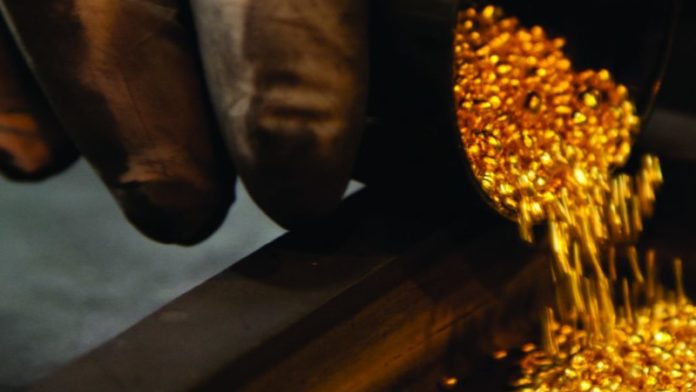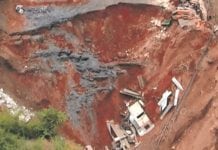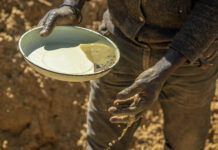
MALI’S government has announced plans to establish a new state-controlled gold refinery in partnership with Russia’s Yadran, as the West African nation seeks to maximise returns from its mineral wealth amid soaring commodity prices.
The newly formed company, SOROMA-SA, will see the Malian state hold a 62% controlling stake, with Russian firm Yadran taking the remaining 38%, said Reuters citing Mali’s Economy and Finance Minister Alousseni Sanou.
The refinery is to be constructed on a five-hectare site near Bamako’s airport and will have the capacity to process 200 tons of gold annually — nearly quadrupling Mali’s current output of approximately 50 tons, Mr Sanou revealed.
The shareholding arrangement received approval from Mali’s National Transition Council on Thursday, with the minister adding that the company would assist local miners in complying with the country’s revised mining regulations.
Mali, which ranks as Africa’s second-largest gold producer, has recently adopted a new mining code that increases state participation in mining companies, raises gold royalties, and mandates domestic gold processing. The policy shift mirrors similar moves by neighbouring Burkina Faso, Niger, and Guinea, changes that have unsettled Western investors as these nations increasingly align with Russia and China.
The country’s existing two gold refineries currently lack crucial international certifications, including recognition from the London Bullion Market Association (LBMA), forcing mining companies to process their gold overseas, according to the Mines Ministry.
A senior Mines Ministry official, speaking on condition of anonymity, explained that Yadran’s involvement would help secure the necessary certifications—a significant hurdle that has prevented Mali’s current refineries from accessing global markets.
Military leader Assimi Goita is expected to officially commission the refinery’s construction later this month, a mines ministry spokesperson confirmed.
The project represents Mali’s latest effort to retain greater value from its natural resources domestically, following a broader trend across the Sahel region where governments are reassessing their relationships with traditional Western mining partners.











